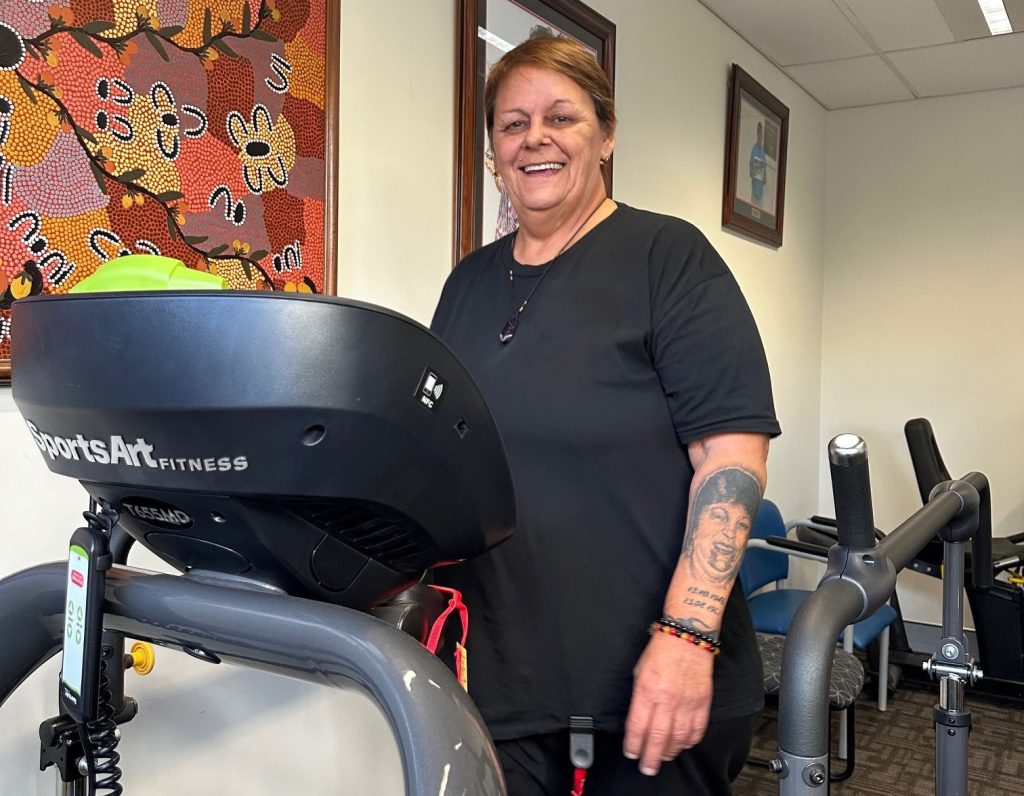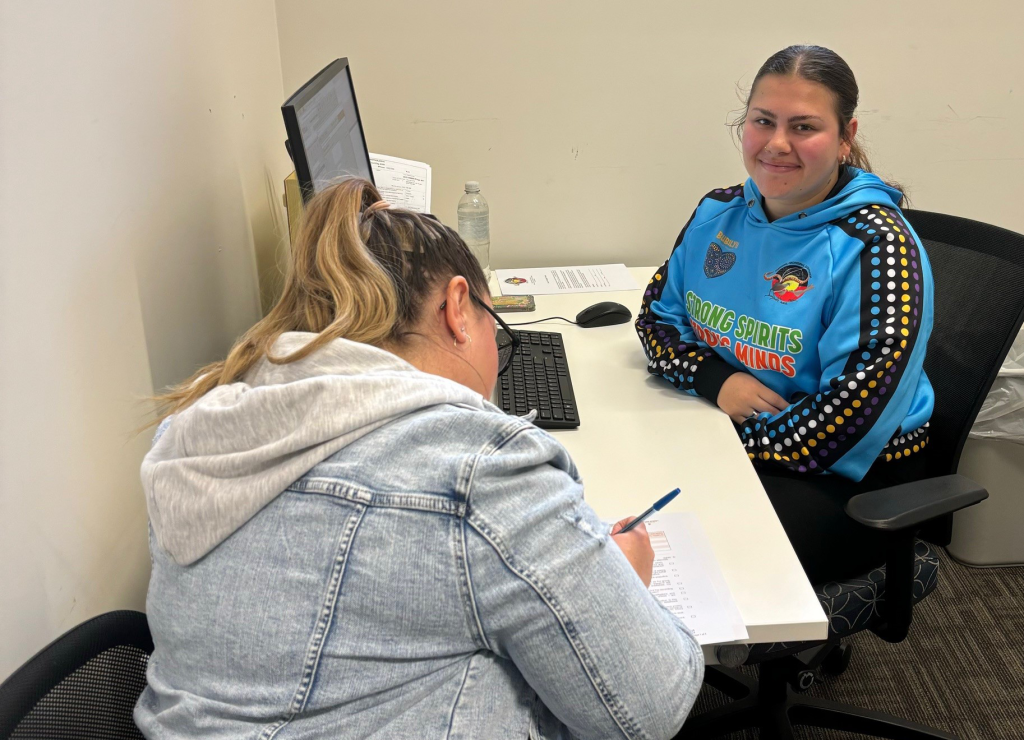Addressing metabolic issues with a culturally safe healthcare model for Aboriginal people
Care, collaboration, communication and consultation are key to a new pilot healthcare program that has been culturally adapted to support Aboriginal people living with obesity and metabolic health issues.
Providing culturally responsive care is pivotal to ensuring that Aboriginal people feel safe, respected and empowered when accessing healthcare. These priorities have informed a new model of care currently being trialled in South Western Sydney Local Health Direct, in partnership with Tharawal Aboriginal Medical Service.
The Tharawal Holistic Indigenist Metabolic Program is modelled on a similar program based at Camden Hospital. The original program is called the ‘South Western Sydney Metabolic Rehabilitation and Bariatric Program’ and it recently won the Keeping People Healthy category in the 2024 NSW Health Awards. Based on the Camden Hospital program, the new culturally adapted pilot program is being offered in Campbelltown, on the custodial lands of the Dharawal people. It provides healthcare for Aboriginal people living with obesity and related health conditions.

Providing a culturally safe new model of care
The Office for Health and Medical Research has supported the Tharawal Holistic Indigenist Metabolic Program through funding from the Translational Research Grants Scheme. The work of the pilot program is also underpinned by a range of policies and strategies, such as the NSW Aboriginal Health Plan and NSW Aboriginal Health Partnership Agreement. These NSW Health initiatives have been put in place to achieve greater healthcare equity for Aboriginal people, families and communities.
The Campbelltown pilot program has been embedded within the Tharawal Aboriginal Medical Service instead of being offered in a hospital outpatient setting. “Our local Aboriginal Community has shared feedback that hospitals are not always the most appropriate or accessible settings for healthcare delivery for Aboriginal people,” explains Jemma Milloy, Chief Investigator for the Tharawal Indigenist Holistic Metabolic Program and Associate Director of Aboriginal Health for South Western Sydney Local Health District. “Delivering this pilot program at an Aboriginal Medical Service allows people in our community to access healthcare in a space that promotes their cultural safety.”
Fostering health and lifestyle changes
The Program offers a diverse range of healthcare and wellbeing services all under one roof. “Participants have access to medical supervision to help management of conditions associated with obesity, such as diabetes, sleep apnoea, high blood pressure and high cholesterol,” says Milloy who is also Associate Director of Aboriginal Health for South Western Sydney local health district. “The program pathway is open to Aboriginal and Torres Strait Islander people, over the age of 18, who meet eligibility for registration with the Tharawal Aboriginal Medical Service and are impacted by obesity or a medical condition associated with obesity.”
Holistic lifestyle interventions are central to the pilot program which offers support for health issues, dietary change and education, physical activity and mental health. An on-site gym provides individualised and supervised exercise classes. Participants also have access to the Healthy Lifestyle programs and facilities at the Tharawal Aboriginal Medical Service. This includes the community kitchen, where they learn to cook healthy meals on a budget.

Culturally appropriate adaptations and consultation
When starting the program, participants are given a tour to familiarise them with the facilities including the community rooms, where monthly yarning groups are run by the team. “The yarning groups ensure people have the opportunity to chat informally and share their personal experience and knowledge with health professionals and other people engaged in the program,” explains Sophia Malié, an accredited practicing dietitian who provides consultations for the Program and helps co-ordinate it. “These additions have been part of a process of cultural adaptation, ongoing feedback and consultation with the Aboriginal community and Aboriginal health consumers,” she adds.
A patient-centred approach is central to the program and enables healthcare tailored to the needs of the individual. “So, if a health consumer wants to bring their child or a support person to consultations, we accommodate that,” says Malié. “And if they can’t make it to exercise classes we might help link them to a home-based program. This flexible approach breaks down barriers and builds trust and connection to facilitate a sense of shared power for our health consumers. This is pivotal to increasing cultural safety.”
Boosting health, engagement and connection
“Though the pilot program is still in progress early results are very promising in relation to engagement and attendance, health impacts, acceptability and cost effectiveness,” says Malié. “In addition to physical benefits such as weight loss and lower blood glucose levels, participants are enjoying social benefits. They are reporting that the program has helped make them feel less isolated, make new connections in the community. So, the results are even better than we had hoped for and are fostering health for the mind, body and spirit.”
Updated 2 months ago